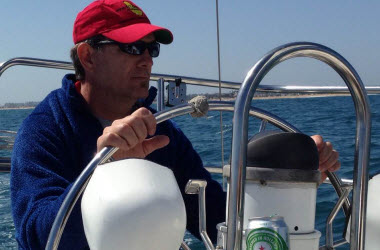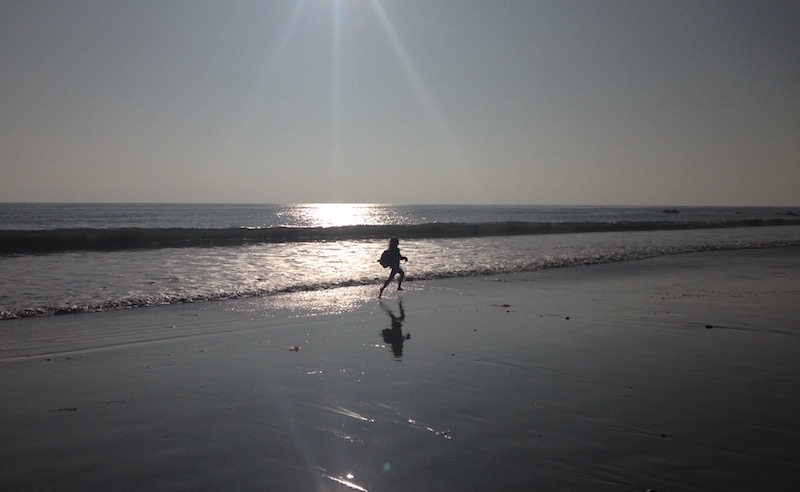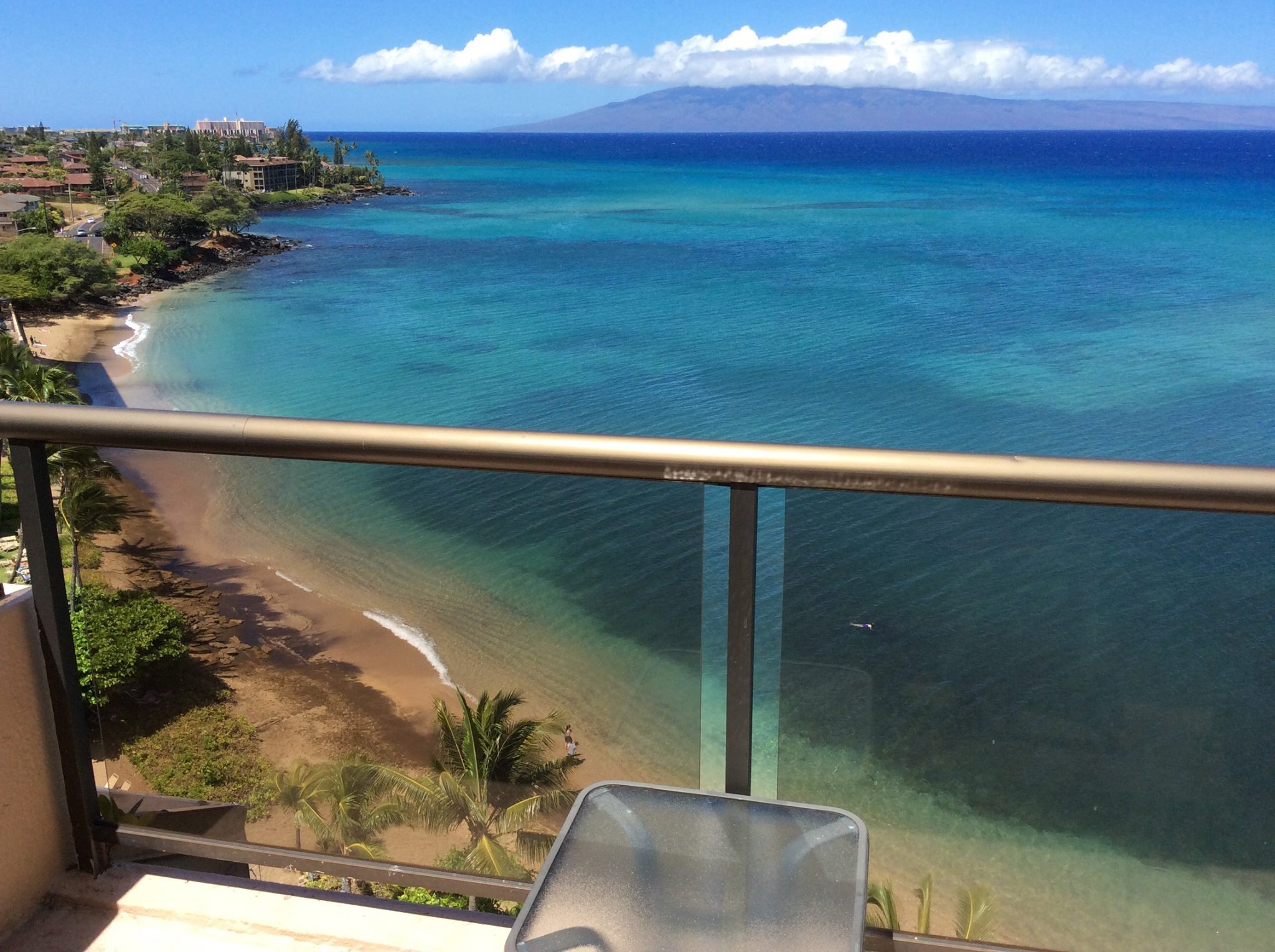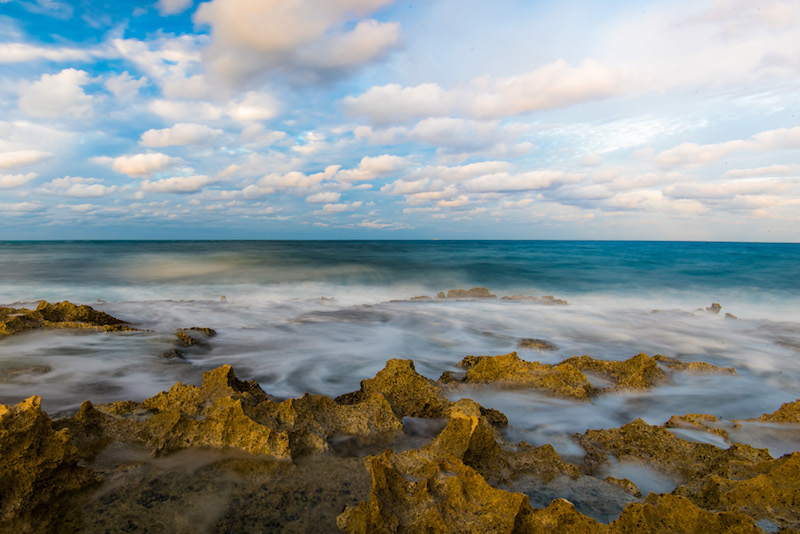August 23, 2016
“Scientia potentia est” - Latin aphorism
“Scientia potentia est” or “knowledge is power” holds true for many things. That is why to be a good salesperson you need to know your customer or why good politicians are always trying to learn more about their constituency. That’s all well and good, but what does that have to do with the price of tea in China?
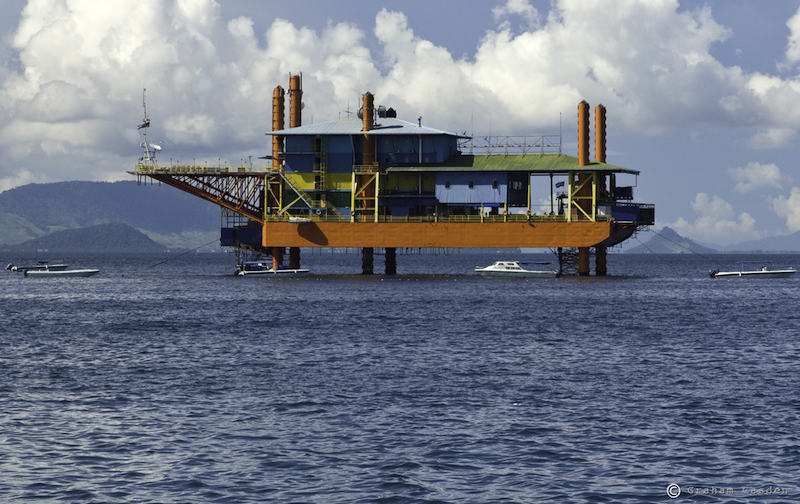
Power. Not political or psychological, but social power. Whether we like to think about it or not, the human race uses much of the Earth’s resources. From the oil and coal we use to power our homes, to the soil we farm for food, to the microbes we use to find new and innovative cures to diseases. When most of us think of the Earth, we normally only think about what happens on 30% of its surface, the land. The other 70% of our little blue marble is covered by the world’s oceans.
The oceans affect everything from trade between countries, to new drugs to fight disease, to the weather. Even from landlocked locations, we all play a part in the health of our oceans. We all want to dream of a utopian society or for our kids to live a better life than we did. These are all dreams that we share. But without knowing our part in maintaining a healthy ocean, that utopian dream might turn into a dystopian reality.

Education and knowledge is the power that we all share to help drive us towards that utopian dream. Knowing that recycling your soda bottles instead of throwing them away prevents them from ending up in the “great Pacific garbage patch”. Realising that flushing your medicines causes mutations in fish and is harming our seafood supply. Those are just a couple pieces of knowledge which can empower you to make smarter decisions so that we all can work towards keeping our oceans happy and healthy.
Not only can you empower yourself with knowledge, but you can teach others. Become the person your friends turn to when they are curious about why they might want to plan a trip to the Great Barrier Reef sooner rather than later. You could even point out that more people die from chairs every year than from sharks. Just think about that next time you are sitting on your comfy death trap watching a week of programming about our ancient ocean brethren.
